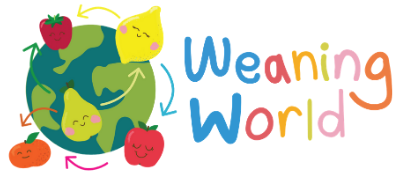Allergy Awareness Week 2020
When is it safe to introduce allergy foods to a baby?
The first six months of parenthood tends to be one long blur of nappy changes, broken sleep, forgetting almost everything, and attempting to wear clean clothes. Just as you feel you’ve got through the hard part, ’wham’ your baby starts to get hungrier. At around six months, he or she will be reaching the point where they need more than just milk for their nutrition. This is when you will start to introduce solid foods to your baby. Weaning is already an overwhelming time for parents however, so it’s only natural to worry about allergies too. The good news is that irrespective of whether a child has a suspected allergy or not, the Department of Health suggests that weaning shouldn’t start earlier than 17 weeks. In some cases, GPs may advise otherwise, but it’s the recommended age to start.What foods are ‘safe’ to start weaning?
Most weaning plans will list solid foods that you should introduce first. These tend to be blander single vegetables to help a baby develop their first tastes that don’t commonly cause reactions. It might seem boring, but try to introduce foods separately at first to keep track of any reactions (and preferences) they might have. Include a variety of vegetables that are both savoury and sweet, such as broccoli, cauliflower and spinach, as well as carrot or pear. This means that your baby will get used to a range of flavours, and not just the sweet ones, which can help to reduce fussiness later on. Once you’ve established the basics and your little one has got the hang of it, you can move on to new food groups.The ‘allergy’ foods
An allergy food is one that can cause an allergic reaction. Commonly foods that typically trigger reactions are:- cows’ milk
- eggs (eggs without a red lion stamp should not be eaten raw or lightly cooked)
- foods that contain gluten, including wheat, barley and rye
- nuts and peanuts (serve them crushed or ground)
- seeds (serve them crushed or ground)
- soya
- shellfish (don’t serve raw or lightly cooked)
- fish
Tips for introducing trigger foods
- Start with one allergy food at a time, as per their first tastes.
- Mix small amounts of the new foods into your baby’s usual food, and note any reactions.
- If the foods are tolerated, they are safe to become a regular part of your baby’s usual diet to minimise the risk of allergies developing. Gradually increase the amounts that you give to them.
- Try to cook fresh foods so that you can be sure they haven’t been prepared in factories where other ingredients are used.
